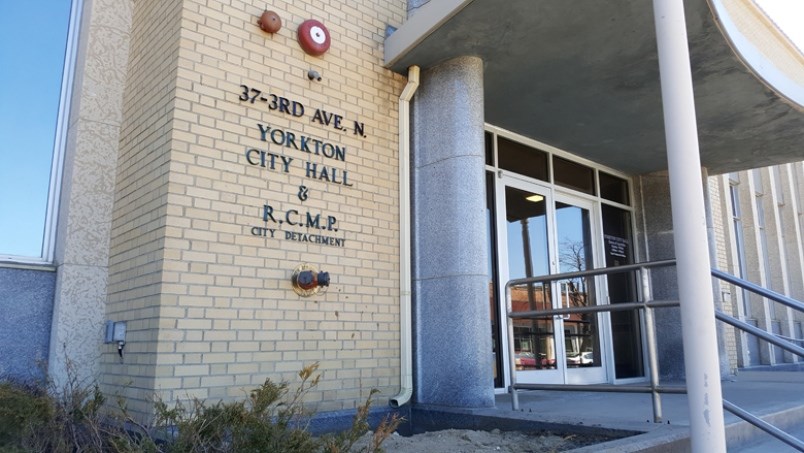YORKTON - The City of Yorkton appears headed to having a new Building Bylaw.
Council gave unanimous first reading support for a bylaw of the City of Yorkton in the Province of Saskatchewan to establish procedures for the Issuance and Enforcement of Building Permits and to Provide for Fees Thereof, which effectively serves to replace Building Bylaw at its regular meeting Feb. 26.
The Construction Codes Act was adopted by the Province and came into force on Jan. 1, 2022. The CC Act replaced the Uniform Building and Accessibility Standards Act (the “UBAS Act) as the legislation which governs the construction and occupancy of buildings in Saskatchewan, and which requires the City to enact a Building Bylaw , explained Michael Eger, Director of Planning, Building & Development with the city.
“Cities were given a long grace period, until January 1, 2029, to update their bylaws to replace UBAS Act references with those contained in the CC Act,” he said.
Now a request has been made to the city leading to the recommendation to make the change now.
Recently, the City has been asked by the applicant of a large construction project for Building Permit fee relief. This can only be achieved by changing the Building Bylaw. All of this comes as the Province has renewed contemplation of an Alternative Compliance Model (ACM) for inspecting very large (or “mega”) building projects, said Eger.
“The ACM would potentially establish a process where contracted engineers and architects, instead of municipally appointed Building Officials, would inspect work for mega construction projects such as mines or grain processing facilities. It is understood that the push behind the ACM is borne out of opposition to high Building Permit fees for these projects and, in the case of some small urban or rural municipalities, a poor level of service in consideration of those fees,” he said.
City administration however offered up a different approach.
“In response to the ACM, City Administration would rather pursue a fee reduction for mega projects than entertain an undefined and untested building inspection and compliance program, and the pitfalls therein. Retaining the current inspection and compliance model would further help us strengthen relationships with large businesses in our City and mitigate our risk and ongoing liability which accrues over the life of a building,” explained Eger.
The Building Permit fee structure for most projects is typically a flat rate based on construction value. Excluding small residential projects and one and two dwellings, fees in Yorkton have been set at $5 per $1,000 of construction value, or 0.5 per cent. Under this structure, the fees for mega projects likely exceeds the ratio of administration, plan review, inspection and liability coverage, he continued.
“A review of other Saskatchewan cities shows that Yorkton’s Building Permit fees are already among the lowest of our peer group. Private sector Building Officials provide services throughout the rest of the Province, and while their fees vary, many of the larger firms also charge fees based on rates of construction value and are understood to be similar to fees,” said Eger.
“. . . Administration would propose a phased regression in our fee structure, with only the largest of projects qualifying for the regressive fee. The proposed structure would halve fees for any construction value exceeding $5 million, and halve them again for any of the value exceeding $25 million.
“Despite the fees being lower, they would still be commensurate to the City’s cost for administration, plan review, inspections and inherent liability. This approach would also make Yorkton an industry leader and help demonstrate our acknowledgement and appreciation of the benefit these large projects provide for our community.”
The other updates proposed in the new bylaw are to swap out references to the UBAS Act with the CC Act, and to replace references to the National Building Code with the Construction Code.






